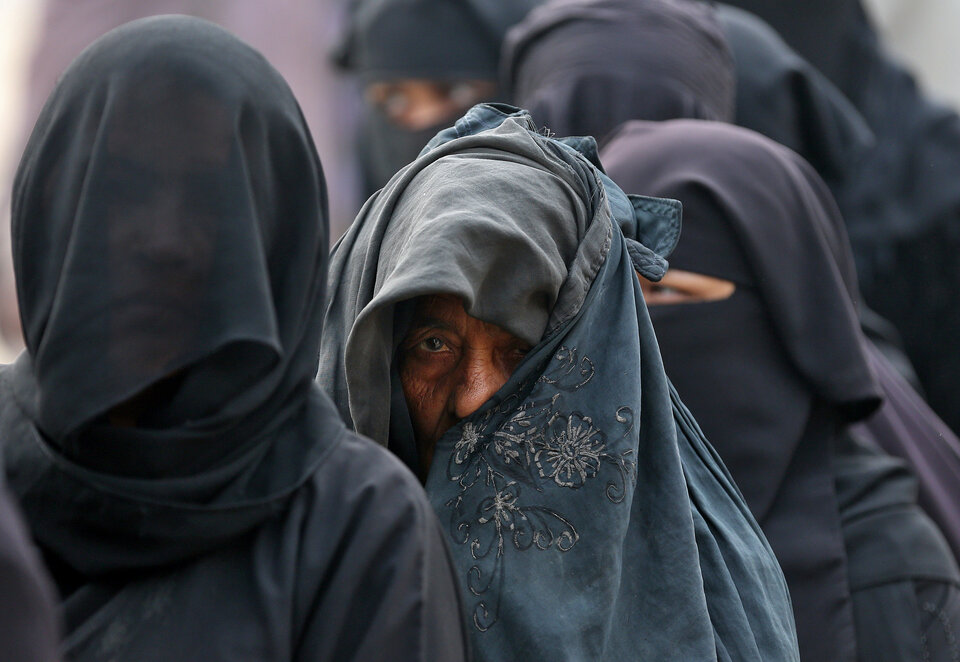Big Data Maps India's Human Traffic Hot Spots

New Delhi. An Indian charity is using big data to pinpoint human trafficking hot spots in a bid to prevent vulnerable women and girls vanishing from high-risk villages into the sex trade.
My Choices Foundation uses specially designed technology to identify those villages that are most at risk of modern slavery, then launches local campaigns to sound the alarm.
"The general Indian public is still largely unaware that trafficking exists, and most parents have no idea that their children are actually being sold into slavery," said Elca Grobler, the founder of My Choices Foundation.
"That's why grassroots awareness and education at the village level is so important to ending the human traffic trade," Grobler said in a statement released late on Tuesday (30/05).
The analytics tool – developed by Australian firm Quantium – uses a range of factors to identify the most dangerous villages.
It draws on India's census, education and health data and factors such as drought risk, poverty levels, education and job opportunities to identify vulnerable areas.
Red Alert
There are an estimated 46 million people enslaved worldwide, with more than 18 million living in India, according to the 2016 Global Slavery Index. The Index was compiled by the Walk Free Foundation, a global organisation seeking to end modern slavery.
Many are villagers lured by traffickers with the promise of a good job and an advance payment, only to find themselves or their children forced to work in fields or brick kilns, enslaved in brothels and sold into sexual slavery.
Almost 20,000 women and children were victims of human trafficking in India in 2016, a rise of nearly 25 percent from the previous year, according to government data.
While India has strengthened its antitrafficking policy in recent years, activists say a lack of public awareness remains one of the biggest impediments.
In 2014, My Choices Foundation launched "Operation Red Alert," offering educational programs to inform parents, teachers, village leaders and children about traffickers.
But with more than 600,000 villages across India and limited resources, the charity teamed up with Quantium to build the new data tool and use methods old and new to fight the criminals.
"We are helping to banish human trafficking, one village at a time, through a combination of highly sophisticated technology and grassroots [...] education," Grobler said.
Reuters
Tags: Keywords:POPULAR READS
Economic Concerns Overshadow Security Worries for Indonesians in Iran
Indonesian citizens currently in Iran are more concerned about rising inflation than the security situation in the country.IDX Slides 2 Percent as Geopolitical Conflict Rattles Market Confidence
The IDX attributed the subdued performance of the index at the start of the week to the escalating geopolitical tensions in the Middle EastRupiah Declines Against Dollar Amid Geopolitical Unrest
The Indonesian rupiah depreciated against the US dollar in Tuesday's trading session, driven by escalating tensions between Iran and IsraelNasdem Vows to Honor the Constitutional Court Ruling on 2024 Presidential Election Dispute
Nasdem's Willy Aditya commits to respect the Constitutional Court's ruling on the 2024 presidential election dispute.Waskita Beton Precast Secures $63.7m New Contracts in Q1
Concrete maker Waskita Beton Precast posted new contracts worth Rp 1.03 trillion (around $63.7 million) in the first quarter of 2024.Popular Tag
Most Popular






















